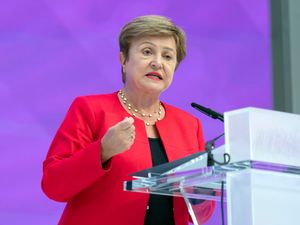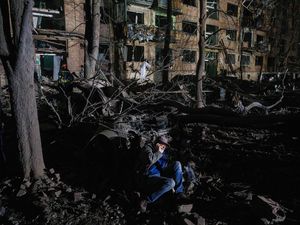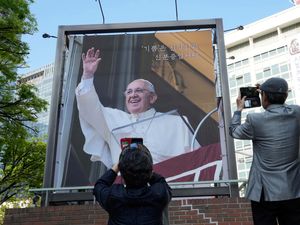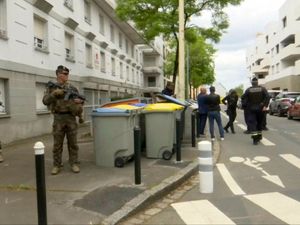North Korean assassin who became pastor in South following failed mission dies
Kim Shin-jo stunned South Korea when he told a news conference after his capture that his team had intended to slit the then-president’s throat.
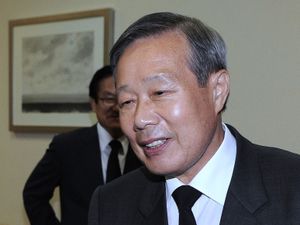
Kim Shin-jo, a prominent ex-North Korean commando who resettled in South Korea as a pastor after his failed mission to assassinate then-president Park Chung-hee in 1968, has died aged 82.
Mr Kim died of old age and his official funeral is set for Saturday, his Sungrak Church in Seoul said.
It said Mr Kim was survived by his wife, whom he met after resettling in South Korea, and two children – a son and a daughter.
Mr Kim was among a team of 31 North Korean commandos who tried to storm South Korea’s mountainside presidential palace to assassinate Mr Park, an authoritarian leader who had been ruling South Korea since 1961.
The North Koreans had slipped undetected through the Koreas’ heavily fortified border and came within striking distance of the palace.
After battles that raged for two weeks in the nearby hills, all but three of the intruders were killed.
Two survivors were believed to have returned to North Korea, while Mr Kim was the only one captured alive by South Korean forces.
In a news conference arranged by South Korean authorities, Mr Kim stunned the nation by saying that his team came “to slit the throat of Park Chung-hee”.
The infiltration, which also killed about 30 South Koreans, happened at the height of Cold War rivalry between the rival Koreas which was split into the US-backed South and the Soviet-supported North at the end of the Second World War in 1945.
After the incident, Mr Park’s government launched reservist forces, established a military unit tasked with attacking North Korea, instituted military training at schools and introduced residential registration card systems.
In media interviews, Mr Kim said he was pardoned because he did not fire a single bullet during the shootouts and was persuaded by South Korean officials to disavow communism.
He said South Korean intelligence authorities later had him travel across the country to make speeches critical of North Korean systems at schools, companies and other places.
Mr Kim said he later learned that his parents in North Korea were executed. He was ordained as a pastor in 1997.
He said the 1968 attack was made at the order of North Korea founder and then leader Kim Il Sung, the late grandfather of current ruler Kim Jong Un. Kim Il Sung died of heart attack in 1994, handing over power to his son Kim Jong Il, the father of current North Korean leader Kim Jong Un.
“I earlier didn’t know why Kim Il Sung wanted to kill President Park,” Kim Shin-jo said in a 2009 interview with South Korea’s mass-circulation JoongAng Ilbo newspaper.
“But I came to know the reason as I spent time here. Kim must have been afraid of a poor country such as South Korea becoming rich. As the economy improved, South Korea would secure more money to buy weapons.
“From Kim Il Sung’s perspective, he couldn’t help killing President Park to achieve communisation of South Korea.”
But in a 2007 autobiography by Park Geun-hye, daughter of Park Chung-hee who became South Korea’s first woman president in 2013, she said when she met Kim Jong Il in Pyongyang in 2022, the younger Kim said the 1968 incident was orchestrated by “extremists” as he apologised for the incident.
Park Geun-hye said Kim Jong Il told her that they all received unspecified due punishments.
Kim Jong Il’s reported comments could not be independently verified. Kim Jong Il died of heart attack in late 2011.


